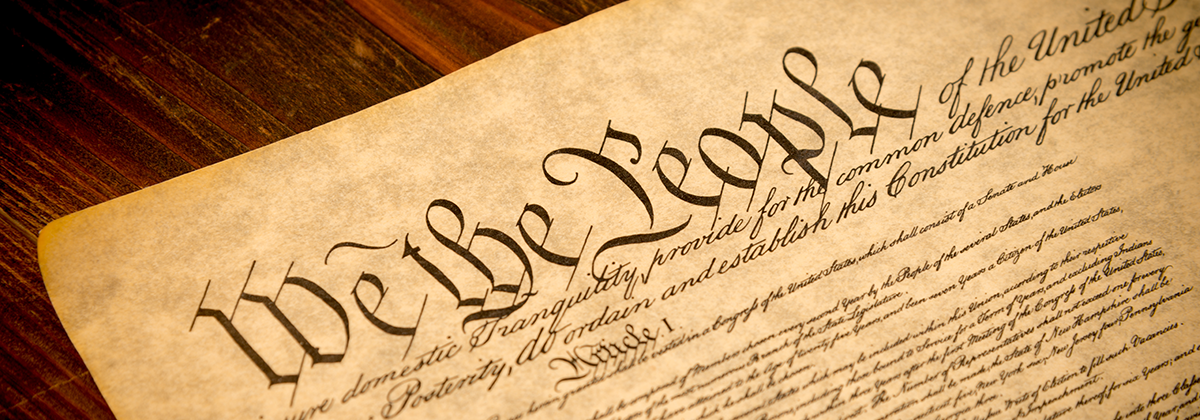This time of year always takes me back to the War for Independence, 1776. Without the bravery of those early Americans, you and I would not be celebrating Christmas as Americans today. I came across this article from William J. Federer in his email piece for December 19, 2024, called “The American Minute.” Federer sets the stage for what happened before General Washington and his troops crossed the Delaware (the subject of my next article). So, take a few minutes to read and appreciate Providence and our predecessors and how they spent the months leading up to Christmas. Federer’s account of those events will lend perspective to your day.
The Crisis Before Christmas: 1776 in Perspective
“In the following six months, despite Congress approving the Declaration of Independence, the Continental Army’s ranks dwindled from a high of 20,000 down to just 2,000 as of December of 1776.
General Washington rallied his troops to stay by having Thomas Paine’s “The American Crisis” read to them. It began:
“These are the times that try men’s souls. The summer soldier and the sunshine patriot will, in this crisis, shrink from the service of his country.”
Philadelphia fell into a panic as fear set in that British troops would invade and occupy the city, which they did later the next year.
Congress’ last instruction to General Washington, December 12, 1776, was:
“… until Congress shall otherwise order, General Washington shall be possessed of full power to order and direct all things relative to … the operations of the war.”
The Soldiers of 1776: Duty, Sacrifice, and Freedom’s Cost
Most of the remaining soldiers were planning on leaving at the end of year, as they had only volunteered for a six-month enlistment, needing to get back home to care for their neglected farms, shops and families.
Back in America, during the Revolutionary War, British troops defeated the Continental Army at the Battle of Brooklyn Heights, August 27, 1776.
General Washington was forced to retreat. The Continental Army was then driven out of New York, across New Jersey and into Pennsylvania.
Faith, Fortitude, and Freedom: Lessons from 1776
Washington proposed a daring military operation, but insisted his officers keep it under strictest secrecy, as the British were paying spies in gold for information.
“The time is now near at hand which must probably determine whether Americans are to be freemen or slaves; whether they are to have any property they can call their own;
whether their houses and farms are to be pillaged and destroyed, and themselves consigned to a state of wretchedness from which no human efforts will deliver them.
The fate of unborn millions will now depend, under God, on the courage and conduct of this army. [Note the perspective in 1776 of the unborn!] Our cruel and unrelenting enemy leaves us no choice but a brave resistance, or the most abject submission. We have, therefore to resolve to conquer or die.”
On Christmas Day evening, 1776, Washington’s troops quietly crossed the dangerous, ice-filled Delaware River in a freezing blizzard.” [to be continued in my next article about Christmas night, 1776].
Doesn’t this make you appreciate our country all the more, when you put yourself in the shoes (or lack thereof) of our brave freedom-seeking predecessors? We have a God-fearing and courageous founding generation.
My thanks to William J. Federer and his American Minute for retelling the story of Christmas, 1776. Federer, W.J. (2024) Crossing the Delaware and the Battle of Trenton, The American Minute. Available at: theamericanminute.com (Accessed: 19 December 2024).
This is Common Sense Civics and Citizenship 🇺🇸
Join the conversation! https://www.facebook.com/commonsensecivics/

